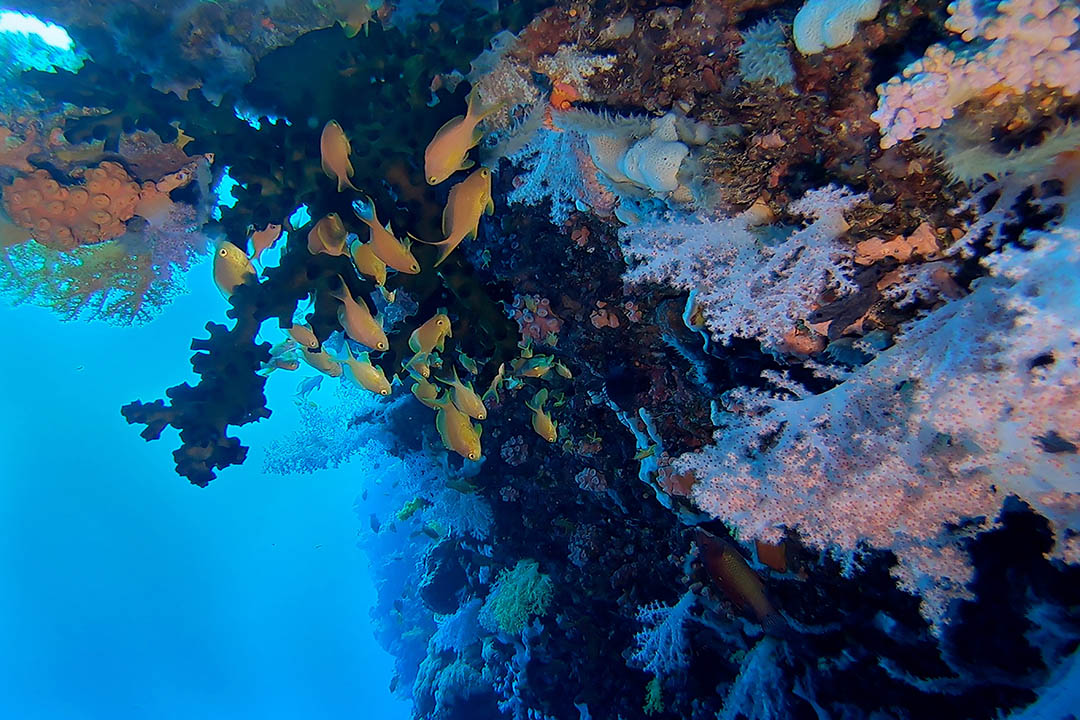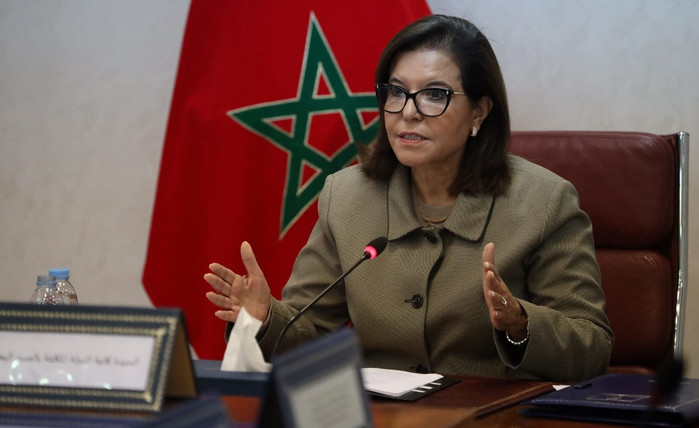Science-based approaches for coral and biodiversity conservation, resilience, and restoration, synergies between the Biodiversity Beyond National Jurisdiction (BBNJ) Agreement and the Kunming-Montreal Global Biodiversity Framework (GBF), and the restoration of forests were the focus of events held during the 2024 UN Biodiversity Conference on 23 October.
During the event on coral and biodiversity resilience, presenters discussed the role of multi-sectoral partnerships in leveraging science and technology to reduce biodiversity loss and foster resilient ecosystems, as well as the role the private sector can play, including through establishing science-based targets. Speakers shared advancements in coral reef research, including investment in technologies that have advanced knowledge on heat-resilient coral reefs, highlighted coral restoration efforts off the coast of Florida, US, and stressed the importance of local context and local environmental conditions for coral resilience.
The event was organized by Delta Environmental and Education Foundation (DEEF), Scripps Institute of Oceanography at University of California, San Diego, and Mote Marine Laboratory.
Another event discussed the Forest Ecosystem Restoration Initiative (FERI), a collaborative project supported by the Korea Forest Service and the Secretariat of the Convention on Biological Diversity (CBD) that helps countries achieve biodiversity targets related to ecosystem restoration, habitat conservation, and forest rehabilitation. Speakers highlighted successes and challenges associated with forest restoration, including current and future collaborative initiatives.
The report titled, ‘FERI at 10 Years: A Decade of Forest Ecosystem Restoration,’ was announced. One speaker called attention to a Joint Initiative between the UN Forum on Forests (UNFF) and the CBD. Representatives from Colombia, Brazil, and Nepal, among others, noted their experiences with forest restoration, including through the use of the WePlan Forests tool, which supports planning and evaluating forest restoration options. Another panelist spoke on the benefits and priorities of regional cooperation.
FERI, the Korea Forest Service, and the CBD Secretariat organized the event.
During an event on linkages and complementarities between the BBNJ Agreement and the GBF, speakers highlighted opportunities for cooperation and coordination. Regional cooperation for implementation of both the BBNJ Agreement and the GBF was also emphasized.
Astrid Schomaker, Executive Secretary, CBD, outlined work under the Convention, including on digital sequence information (DSI) on genetic resources, which has linkages to implementation of the BBNJ Agreement. Amy Fraenkel, Executive Secretary, Convention on the Conservation of Migratory Species of Wild Animals (CMS), argued that synergies with other frameworks, such as the CMS, should be considered. One speaker mentioned common information needs in the fisheries sector as a possible opportunity for cooperation between the two frameworks.
A youth representative said while youth has been recognized under the CBD, the BBNJ Agreement has not explicitly done so, and urged meaningful participation of youth in bridging these two frameworks on the ground.
This event was organized by the UN Office of Legal Affairs, the Division for Ocean Affairs and the Law of the Sea (DOALOS), and the CBD Secretariat.
Source: iisd



